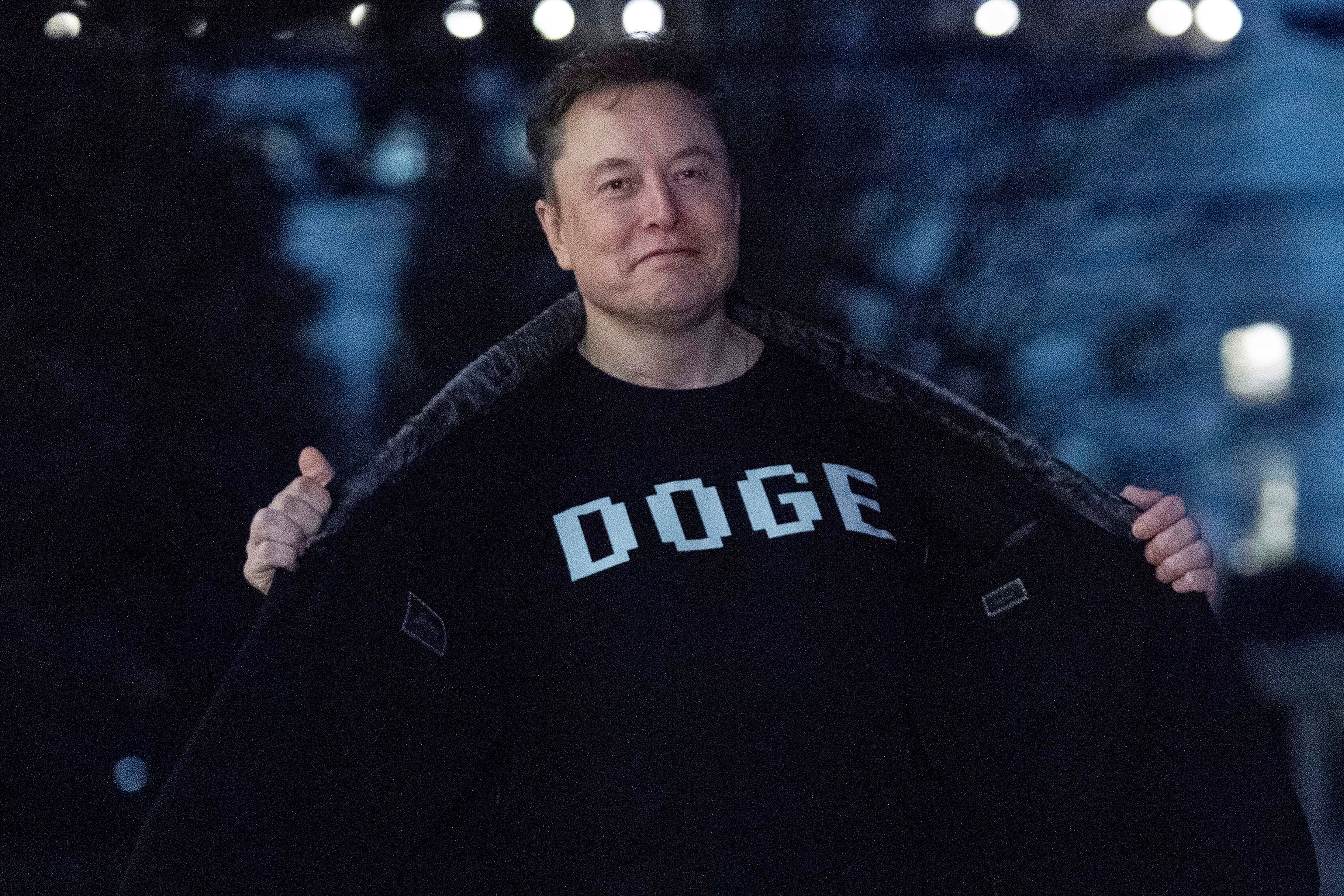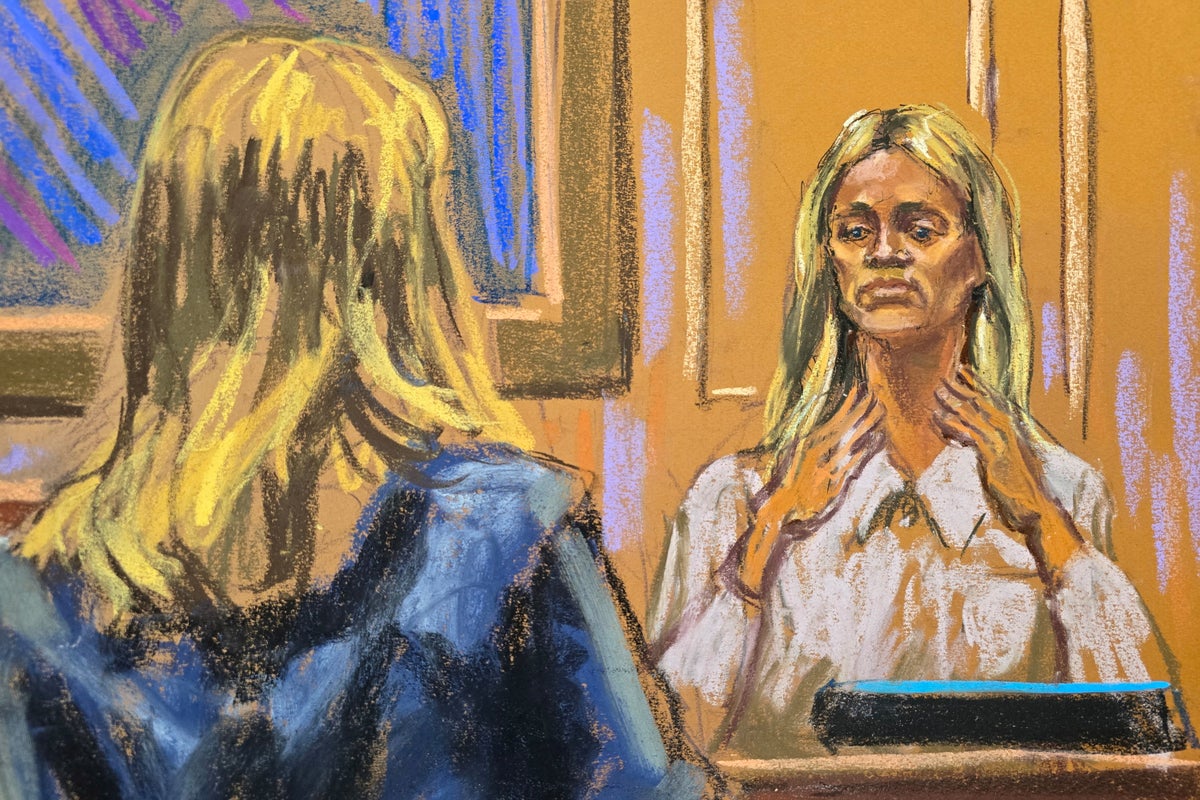ARTICLE AD BOX
A federal judge has blocked the so-called Department of Government Efficiency from taking over the U.S. Institute of Peace after DOGE agents provoked a dramatic standoff that culminated in what attorneys called an armed “takeover” fueled by threats and harassment.
In February, President Donald Trump ordered mass firings at the quasi-government agency, which was established by Congress under president Ronald Reagan with a mandate to help resolve international conflicts.
Trump’s executive order resulted in a standoff at the agency’s headquarters between Institute of Peace staff and DOGE, backed by FBI agents and Washington, D.C. Metropolitan Police Department officers.
On Monday, District Judge Beryl Howell blasted the administration’s attempt to dismantle the agency through “blunt force” and condemned the “gross usurpation of power and a way of conducting government affairs that unnecessarily traumatized” employees at the agency “who deserved better.”
Howell recognized that the agency is “unique in its structure and function — neither a traditional executive branch agency nor an entirely private nonprofit corporation,” and noted that the agency “supports both the executive and legislative branches as an independent think tank that carries out its own international peace research, education and training, and information services,” she wrote.

But in its creation of the agency, “Congress struck a careful balance between political accountability, on the one hand, and partisan independence and stability, on the other,” she added.
Therefore, the president’s attempts to remove the agency’s president, purge staff and take over the agency’s headquarters are “unlawful,” according to Howell.
Those actions were carried out by “illegitimately-installed leaders who lacked legal authority to take these actions, which must therefore be declared null and void,” she wrote.
In an executive order on February 18, Trump ordered all functions and staff at the Institute of Peace and several other agencies to be “eliminated to the maximum extent” allowed under the law.
A lawsuit brought by the institute and members of its board against Trump, DOGE and other officials argued that the administration unlawfully fired the institute’s president after forcing out board members and replacing them with top administration officials.
Federal prosecutors were accused of threatening Institute of Peace officials with criminal prosecution, DOGE members warned that a private security contractor working for the agency would lose government contracts and the agency's president was forcibly removed by several law enforcement agencies — events that the Department of Justice did not dispute.

In March, DOGE workers emptied the building and installed DOGE agent Kenneth Jackson as acting president. Jackson has been tapped to join the boards of several agencies gutted by DOGE, and he was recently nominated by Trump as a senior official at the U.S. Agency for International Development, which Elon Musk — who is spearheading DOGE while serving as an adviser to the president — threatened to throw “into the wood chipper.”
In a hearing in Washington, D.C., that month, Howell asked Justice Department attorneys whether the administration could enforce his executive order “without using the force of guns and threats by DOGE against American citizens.”
“I mean, this conduct of using law enforcement, threatening criminal investigations, using arms of law enforcement … probably terrorizing employees and staff at the institute, when there are so many other lawful ways to accomplish the goals … why?” she said. “Just because DOGE is in a rush?”
DOGE has led a crusade from inside the federal government to fire tens of thousands of workers and slash billions of dollars in spending, which faces an avalanche of lawsuits questioning its authority and the president’s alleged constitutional abuses.
A massive lawsuit filed last month by a broad coalition of labor unions, state and local governments and nonprofit groups — on behalf of federal workers who were targeted by mass layoff — questions whether the president and DOGE have authority to radically expand the powers of the executive branch.









 English (US) ·
English (US) ·